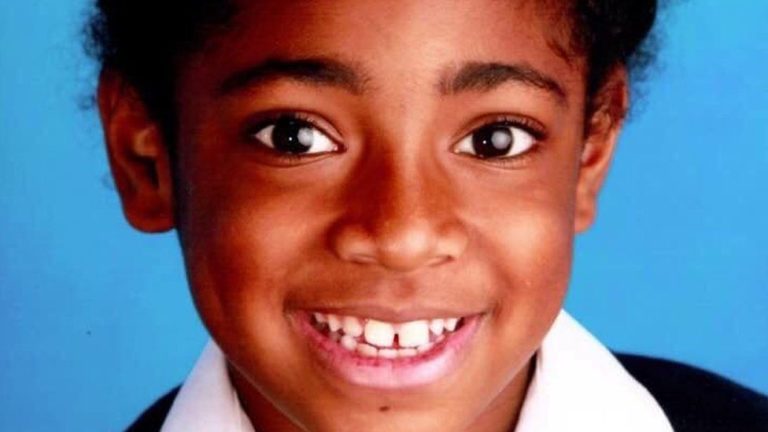The Government has responded to the Coroner’s ‘Prevention of Future Deaths’ after the cause of death of nine-year-old schoolgirl Ella Kissi-Debrah is the first to be attributed to air pollution.
The Government has issued responded to Ella Kissi-Debrah’s Southwark Coroner, Philip Barlow, ‘Prevention of Future Deaths’ report, after her cause of death was attributed to air pollution for the first time in UK, and possibly the world.
The response has outlined that immediate action must be taken to increase public awareness around air pollution. Government explained that they will review existing sources of air quality information, citing UK Air and the Daily Air Quality Index, in order to provide specific messaging for different population groups. Therefore, healthcare professionals can appropriately advise patients when poor air quality is forecast.
Moreover, Government pledged to look at working with relevant health charities on longer-term campaigns aimed specifically at vulnerable groups.
A further £6 million will be added to the annual funding pot for local authorities as part of the Air Quality Grant scheme, where local authorities can bid to support measures to improve air quality. A proportion of this fund will be dedicated towards improving public awareness in local communities about the risks of air pollution.
This funding is accompanied by the £880 million previously pledged for local authorities to develop and implement local air quality plans, including Clean Air Zones.
The Government also hope to expand on the existing media organisations who already provide air quality information with weather forecasts, by having further discussions with broadcasters, social media companies and app developers to identify ways to spread this information more widely with clear advice that people can act on.
Accordingly, Government will also consider ‘the scope and effectiveness of establishing a new national SMS alert system’.
NHS England and Improvement (NHSEI) will continue to work on a more systematic approach on how to manage asthma, including how to identify environmental triggers and promoting more personalised care for individual patients.
The NHSEI Children and Young People’s Transformation Programme will also set out evidence-based interventions to help children, young people, families and carers, to control and reduce the risks of asthma attacks.
Furthermore, there will be a public consultation on particulate matter limits early next year, with the aim to set new targets in legislation by October 2022, informed by the World Health Organisation’s guidelines.
Government is also adopting a more sophisticated population exposure reduction target, which aims to drive reductions not just in pollution ‘hotspots’, but in all areas. These targets also commit to significantly increase the monitoring network and capture more detailed air quality information across the country.
George Eustice, Environment Secretary, commented: ‘Ella’s death was a tragedy and I would like to pay tribute to her family and friends who have campaigned so tirelessly on this issue, and continue to do so.
‘Today’s response is part of a much wider cross-Government effort to drive forward tangible and long-lasting changes to improve the air we breathe, as well as doing more to inform the public about the risks.
‘Air pollution levels have reduced significantly since 2010, with emissions of fine particulate matter falling by 11%, while emissions of nitrogen oxides are at their lowest level since records began. We know that there is more to do which is why we are setting new legally-binding targets on particulate matter pollution and building on our Clean Air Strategy to accelerate action to clean up our air.’




